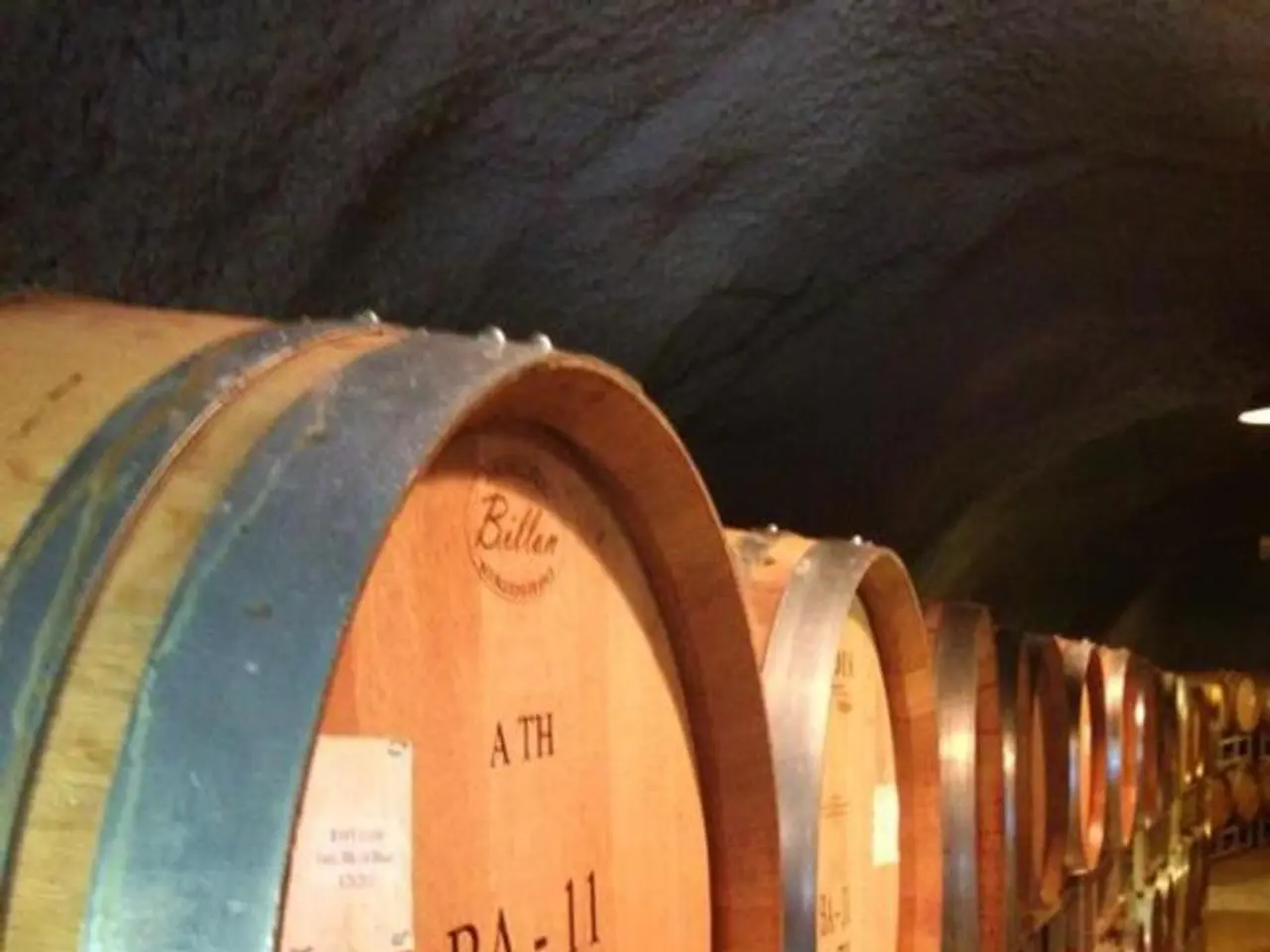Discussion at Panel: Amendments Proposed for Class V Injection Well Regulations Underground Infrastructure Control
The Environmental Protection Agency (EPA) has announced revisions to the Underground Injection Control (UIC) regulations for Class V injection wells, aiming to enhance the protection of underground sources of drinking water (USDWs). The rule, identified by RIN: 2040-AB83, addresses concerns about potential risks posed by certain Class V wells, particularly due to a lack of consistent federal oversight, potential contamination, and increased use in emerging industries.
The purpose of the revisions is fivefold: to enhance protection of USDWs, clarify regulatory requirements, improve state program oversight and consistency, reduce administrative burden, and promote environmental and public health safety. The rule focuses on specific subcategories of Class V wells that have greater potential to endanger drinking water sources, such as large-capacity cesspools, motor vehicle waste disposal wells, and stormwater infiltration wells.
Key details of the rule include improved processes for identifying and inventorying Class V wells, requirements for operators of certain Class V wells to notify EPA or authorized states of their injection activities, the establishment of Best Management Practices (BMPs) and minimum construction and operating standards, clarification on how Class V wells can be authorized, and requirements for monitoring injection activity and reporting to ensure compliance and early identification of potential problems.
To ensure the rule's impact on small entities, such as small businesses operating injection wells, is minimized, the EPA convened a Small Business Advocacy Review (SBAR) Panel. The Panel consulted with small business representatives, explored alternatives to reduce economic impacts, and gathered feedback to incorporate into the final rulemaking. Key findings from the SBAR Panel included economic impact awareness, the need for flexibility, clear guidance and technical support, streamlining compliance, and balancing environmental protection and economic viability.
The EPA’s revisions to the UIC regulations for Class V injection wells aim to strike a balance between rigorous environmental safeguards and reasonable compliance costs for small businesses. More information about this rule can be found on the official government website Regs.gov. The Class V Guidance Documents, intended for owners, operators, and regulatory agencies, can be accessed separately from the GPO and Regs.gov. The final rule for this regulation was published on December 07, 1999.
- The rule establishes Best Management Practices (BMPs) and minimum construction and operating standards for certain Class V wells, including those handling waste from industries that consume a significant amount of water, such as energy production.
- To promote transparency and accountability, operators of Class V wells are required, under the new regulations, to report their injection activities to the Environmental Protection Agency (EPA) or authorized states, ensuring waste from drinking water sources is not misused or carelessly disposed of.
- The implementation of the revisions to the Underground Injection Control (UIC) regulations also includes a requirement for monitoring injection activity and reporting to ensure compliance and early identification of potential problems related to energy consumption and financial expenses associated with waste management.




